January Roundup: When Emotions Are Too Stressed
We are in an age where emotions dominate decision making.
It hasn’t always been this way.
In Greco-Roman culture, reason trumped emotions. In fact, emotions were something to be shaken if not ignored completely.
Reason and logic triumphed.
Today, the opposite is true. One need not look further than the recent GameStop short squeeze phenomenon and the general heightened volatility of the stock market to witness how drastically emotions play into our decisions. Executives are quick to point out that there has been “no material reason” for these recent share price spikes.
And yet, here we are.
[I don’t expect this current phenomenon to be long-lived, but I’m throwing this example in here for the heck of it. It’s historically significant no matter the outcome.]
Marketing is an interesting field of study in this regard because we marketers are constantly analyzing and playing to emotions. It’s precisely because emotions drive decision making that we often succeed in persuading people to purchase.
[Here is where I’d like to insist that the items we market on behalf of our partners bring true, lasting value to their customers. We do not market snake oil; only products in which we fully support.]
Getting back to the psychology of emotions, however, I must admit that I feel like a hypocrite at times. I regularly preach on the ability of a well-constructed video (e.g.) to move customers toward a conversion. People buy when they feel compelled, and stirring emotions is often how we get there.
But here I am, advocating for less emphasis on emotions in our decision making.
Andy Stanley is a leadership coach and the pastor of North Point Community Church in Atlanta who is celebrated for his teachings on leading with humility and clarity. He urges people to ask a single question when important decisions arise, a question that he calls, “The Best Question Ever:”
What is the wise thing to do?
Funny enough, the notion of wisdom almost naturally invites clarity into our decision making. It’s as if we’re saying, “Regardless of my current feelings, which choice is going to get me to where I truly want to be.”
Now, emotions aren’t to be ignored. They should be first evaluated and second guided toward what we know to be true.
But we can’t stress them too greatly. It’s easy to give them power over our decision making and consequently get burned by their fire.
In marketing, it’s important to understand emotion, yet immoral to exploit it. I like the thought of a musician who seeks to stir their audience’s emotions in a meaningful way.
In life, it’s important to direct those emotions toward the truth.
